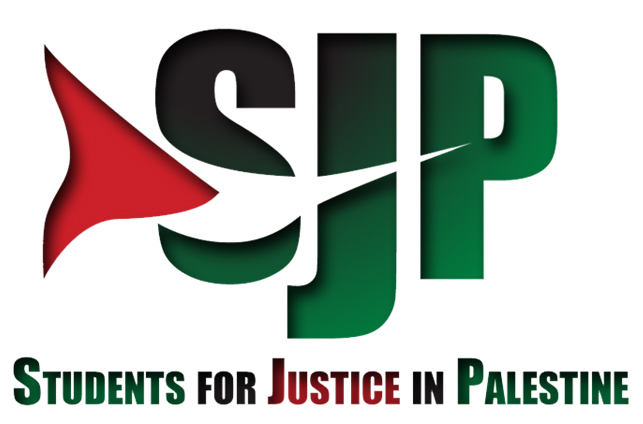DURHAM, N.C. (RNS) — As most of the Duke University community was glued to the basketball team’s march to the NCAA Final Four last week, a debate erupted on campus inflamed by months of feuding between two student groups — and a student government caught in the middle.
At a March 16 student government meeting, the campus chapter of Students for Justice in Palestine requested $16,000 to fund two events keynoted by three Palestinian activists, according to The Chronicle, the campus daily. The funding was approved, despite strong pushback from Israel supporters at Duke, who said at least one of the speakers has made inflammatory comments that crossed the line into antisemitism.
During the funding debate, Alex Dray, a student senator, quoted a passage from “Rifqa,” a book by Mohammed El-Kurd, one of the invited Palestinian speakers, in which El-Kurd wrote that Israelis “harvest organs of the martyred” Palestinians and “feed their warriors our own.”
Nicole Rosenzweig, another senator, quoted a tweet from El-Kurd stating that Zionists have “an unquenchable thirst for Palestinian blood,” which she said raised the infamous blood libel.
A member of SJP, who asked The Chronicle not to be quoted by name because of fear of online harassment, defended the invitation. He told the campus daily that “the (requested) honorarium and invitation to speak are by no means an endorsement of everything the speaker has or ever will say.”
The funding request was approved by the student government despite what appeared to be the lack of a required quorum.
For months leading up to the latest fight, the local Duke chapters of Students for Justice in Palestine and a new group, Students Supporting Israel, have been in a virtual slugfest on the campus.
On Nov. 15, 2021, members of SJP challenged university funding for Students Supporting Israel, citing a response by SSI to a tweet critical of Israel. The tweet, posted by a Duke sophomore named Elyana Riddick, was in response to The Chronicle’s article about Duke Student Government’s initial recognition of SSI and was captioned “My school promotes settler colonialism.” SSI then circulated a screenshot of the tweet.
SSI replied with an Instagram to Riddick: “Please allow us to educate you on what ‘settler colonialism’ actually is and why Israel does not fall under this category whatsoever. These types of narratives are what we strive to combat and condemn, which is why Duke’s chapter of Students Supporting Israel has been officially established & is here to stay.”

Students for Justice in Palestine logo. Courtesy image
SJP charged that the reply violated student government policy prohibiting inappropriate social media conduct and called on Duke’s student government president, Christina Wang, to veto recognition and support of SSI as a Duke student organization.
Wang agreed, joining a unanimous vote by members of the student government’s executive board. She ruled the SSI post was “evidence that the group singled out an individual student on their organization’s social media account in a way that was unacceptable for any student group and appeared antithetical to the group’s stated mission to be welcoming and inclusive to all Duke students, and educational in mission and purpose.”
A brouhaha ensued in the Jewish American press and abroad, as well as in some Arab and Muslim media. Locally, however, the most furious debate was largely confined to social media between those immediately involved.
Wang became the object of a racist doxxing campaign, which she recounted in a column in The Chronicle.

